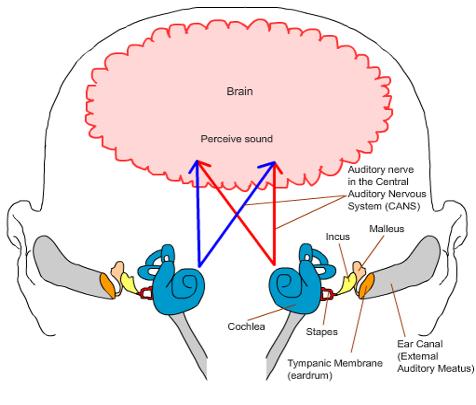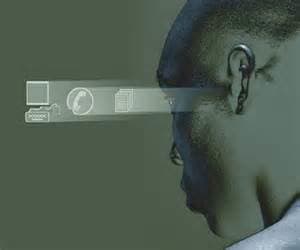

Studies suggest that 50 percent of those diagnosed with ADHD may also have APD. Symptoms of the two disorders often overlap. Just as APD can affect a child’s ability to focus, so an attention deficit can affect auditory processing. Combine APD with ADHD, and a child’s abilities to listen and remember are severely compromised. It’s like listening to the radio with interference from other stations garbling the reception.Ī child with the disorder typically tries so hard to understand what’s being said that she forgets parts of the conversation or doesn’t pick up on the nuances or subtleties of the words. The echo in a gymnasium or the hum of the air conditioner in the classroom interferes with the conversation at hand.

Some children with APD also have trouble screening out background noise, so they pick up bits of surrounding sounds. Rather, her brain perceives the sounds incorrectly, affecting the child’s ability to distinguish between similar sounds (da and ga, for example). An APD child doesn’t have difficulty hearing – in fact, in most cases, her hearing is good. Roughly 7 percent of children have some type of auditory processing difficulty.īut what is it exactly? At its most general, APD is a glitch in the brain’s ability to filter and process sounds and words.

While auditory processing disorder (APD) isn’t as well known as attention deficit disorder ( ADHD or ADD), it is becoming increasingly common.


 0 kommentar(er)
0 kommentar(er)
